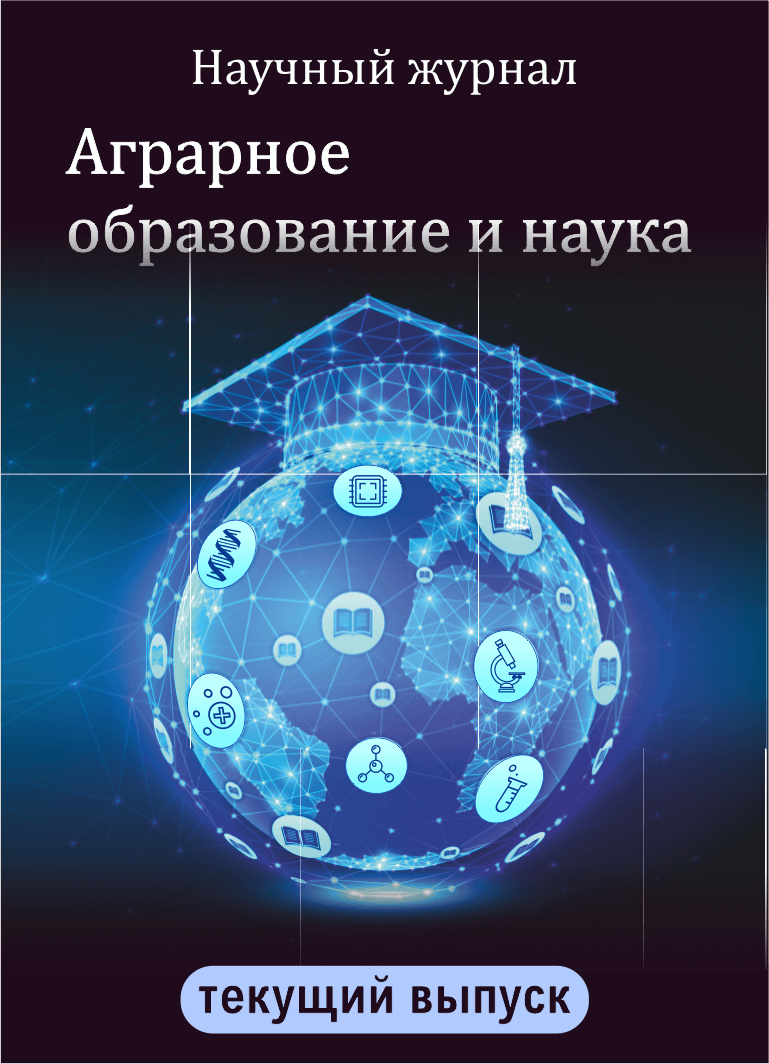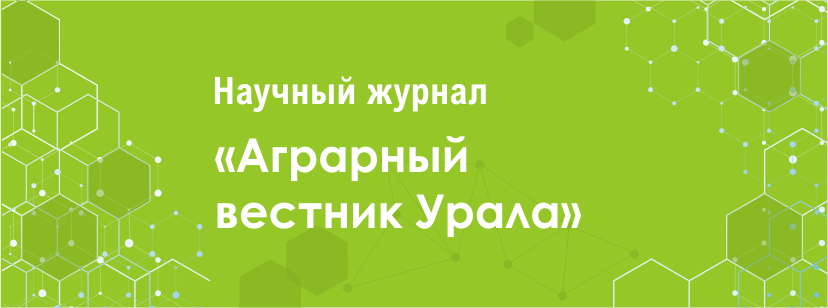L.A. Shinkaryuk, st. prepodavatel,
N.M. Karimov, st. prepodavatel,
B.M. Saparov, dotsent, kandidat pedagogicheskih nauk,
I.M. Dzholiev, dotsent, L.F. Grosheva, dotsent UrGAU.
The main ideas, directions and principles of physical education, reflected in the concept of physical education of students, provide for a fundamental change in the content of physical education. The whole experience of work in higher education leads to the problem of mass, recreational sports, its development in the student sphere of higher educational institutions not of a physical culture.
References
1. Matveev L.P. Teoriya i metodika fizicheskoy kultury. Vvedenie v predmet. Sankt-Peterburg: Lan, 2004. 160 s.
2. Menedzhment i ekonomika fizicheskoy kultury i sporta / M.I. Zolotov [i dr]. Moskva: Academia, 2001. 432 s.
3. Pedagogika fizicheskoy kultury / M.V. Prohorova [i dr.]. Moskva: Put, 2006. 288 s.
4. Reshetnikov N.V. Fizicheskaya kultura / Nikolay Vasilievich Reshetnikov, Yuriy Leonidovich Kislitsyn. Moskva: Izd-vo "Masterstvo", 2002. 152 s.
5. Zhu X., Haegele J. A., Davis S. Physical Educators' Habitual Physical Activity and Self-Efficacy for Regular Exercise // PHYSICAL EDUCATOR-US. Volume: 75. Issue: 1. Pages: 50-63. Published: WIN 2018.
6. Palmer A., Fernquest S., Gimpel Mo et al. Physical activity during adolescence and the development of cam morphology: a cross-sectional cohort study of 210 individuals // BRITISH JOURNAL OF SPORTS MEDICINE. Volume: 52. Issue: 9. Pages: 601-+. Published: MAY 2018.











